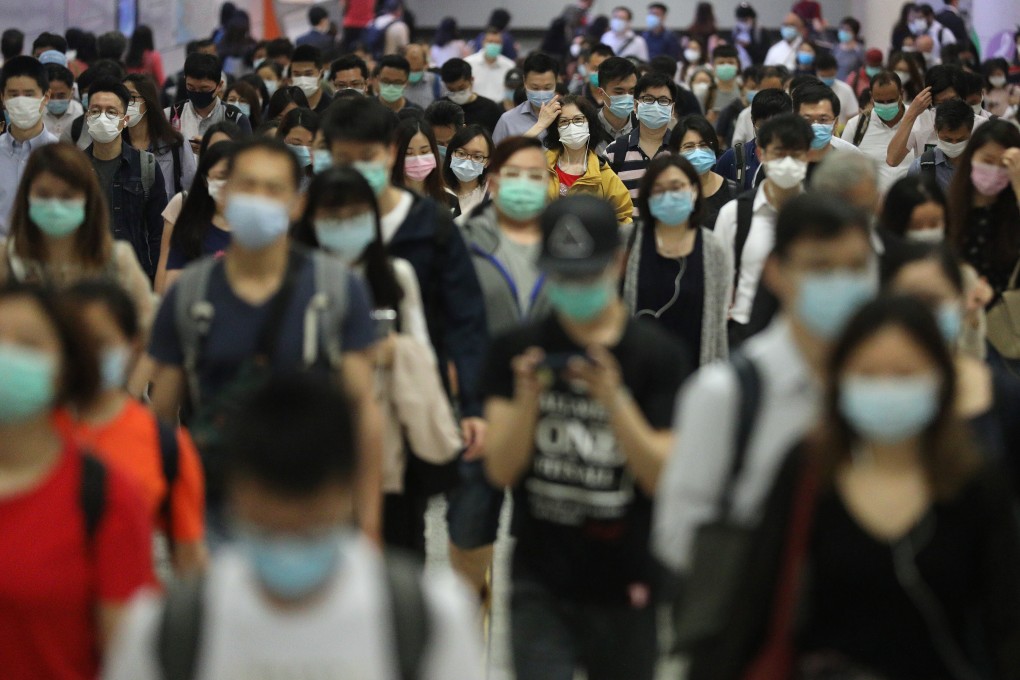Advertisement
Opinion | Hong Kong youth being left behind by government’s coronavirus response
- Young people with and without jobs are struggling during the pandemic and finding few government programmes capable of meeting their needs
- Two-year, interest-free deferral of student loan repayment receives majority support by allowing borrowers to generate savings in turbulent times
Reading Time:3 minutes
Why you can trust SCMP

While Hong Kong has been mostly successful in containing the spread of Covid-19, its gross domestic product has plummeted and unemployment has risen sharply. Unemployment tends to hit the young harder than those older, and now is no different. Unemployment among people aged 20 to 24 hit 11.4 per cent for the three months to April, according to the census department.
The reality could be worse. MWYO commissioned the Hong Kong Institute of Asia-Pacific Studies to interview 509 Hong Kong residents aged 18 to 34 in May. The survey found 12.4 per cent of the respondents self-reporting unemployment. Among them, nearly 70 per cent expressed little hope of finding a job within the next three months.
Many service workers are unemployed as Hong Kong’s tourist numbers suffered a drop of 99.9 per cent in April compared with last year, with gyms, beauty parlours, bars and other locations under lockdown. How quickly the numbers return to pre-pandemic levels after lockdown measures are lifted is unknown.
Advertisement
To persuade employers to retain workers, the government is giving them financial help through subsidising salary payments for half a year. In return, employers must pledge not to implement redundancies and to spend all subsidies on wages.
This does not directly benefit workers. The only direct financial help for unemployed workers is the Comprehensive Social Security Assistance Scheme, available to all low-income individuals and families. Only 22.2 per cent of those surveyed see this as effective. It is a modest substitute for unemployment benefits since the amount for single applicants is HK$2,615 per month, far from sufficient to cover rent and other living costs in Hong Kong.

03:20
Hong Kong’s class of 2020 fears becoming ‘lost’ generation as Covid-19 shakes the global economy
Hong Kong’s class of 2020 fears becoming ‘lost’ generation as Covid-19 shakes the global economy
The government should at least consider providing short-term unemployment benefits to help young workers who lost their jobs relieve financial stress while they focus on job-seeking. The government should make up for this policy vacuum with a scheme specifically for the unemployed rather than making minor revisions to the current system.
Advertisement
Advertisement
Select Voice
Choose your listening speed
Get through articles 2x faster
1.25x
250 WPM
Slow
Average
Fast
1.25x
